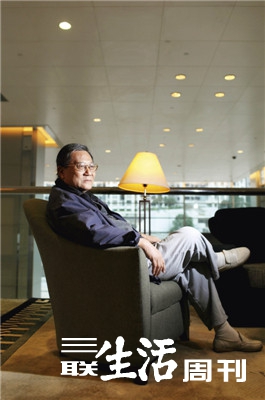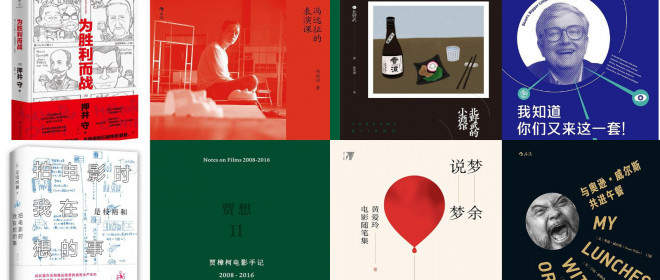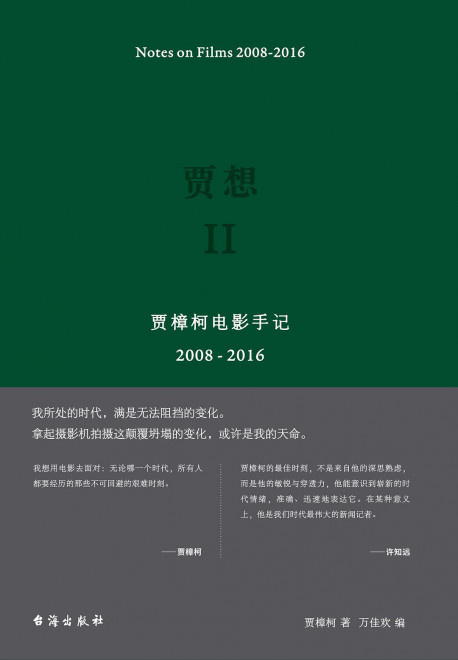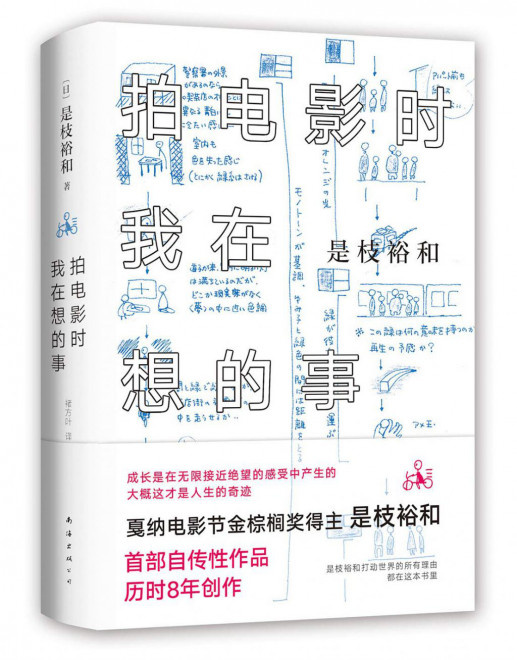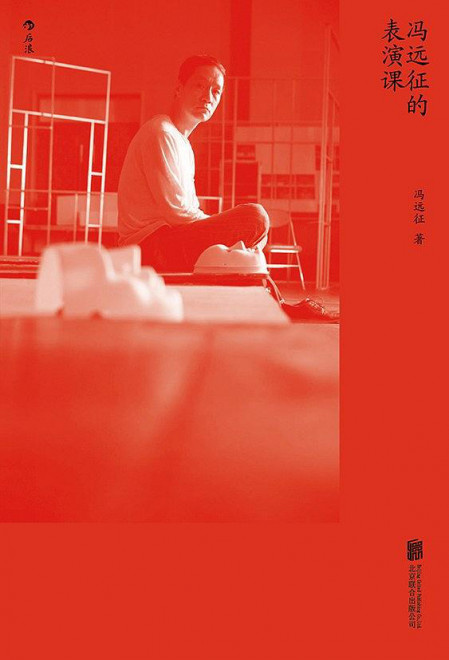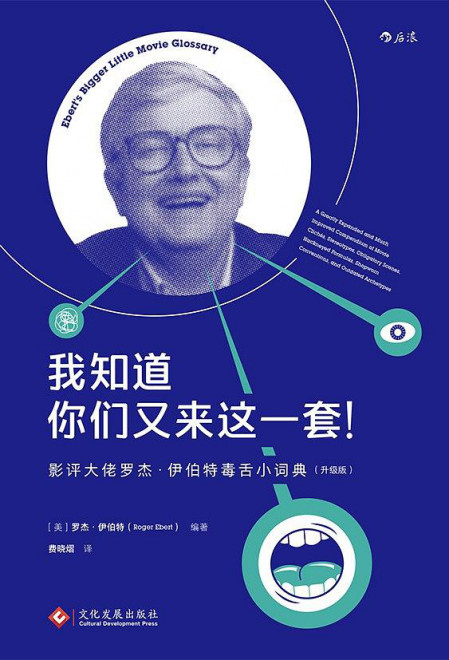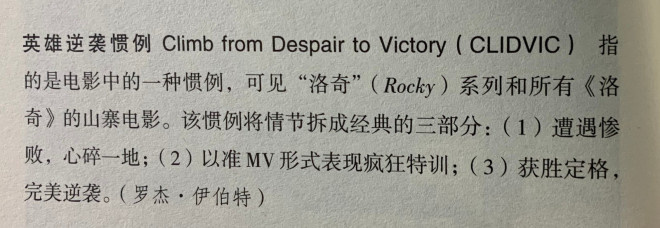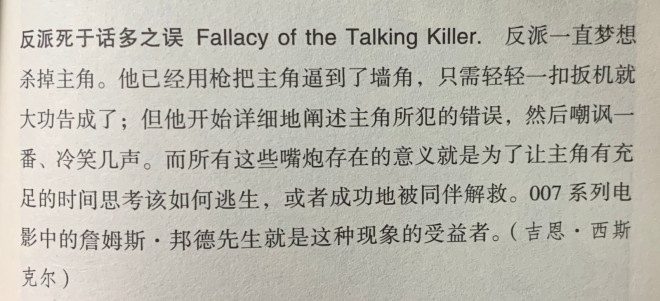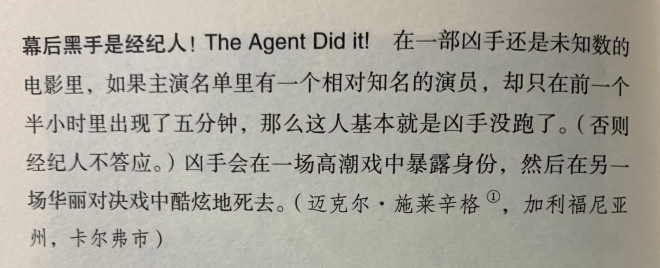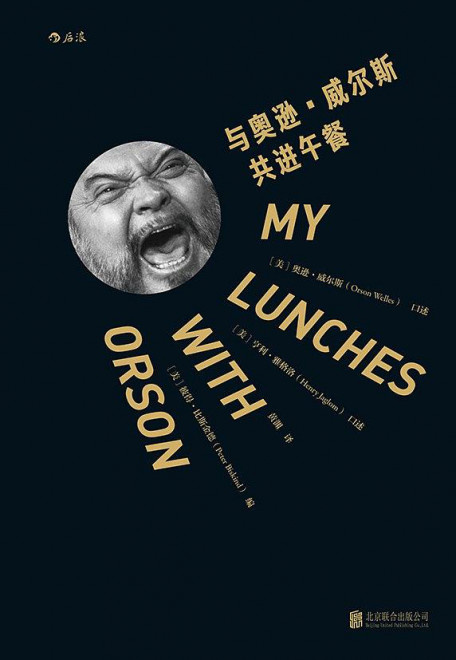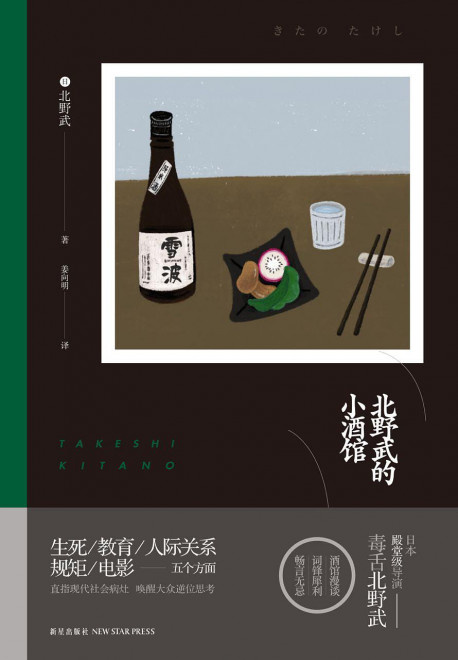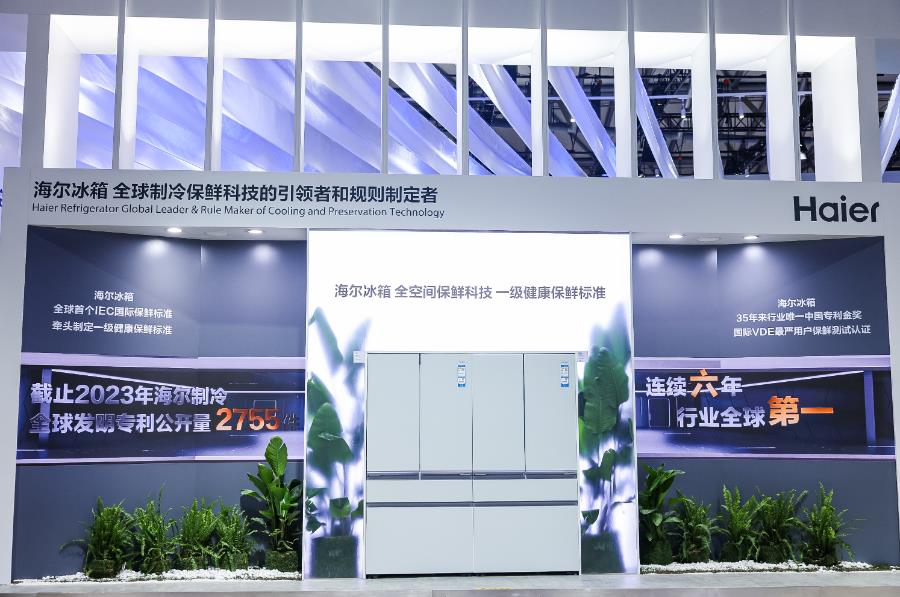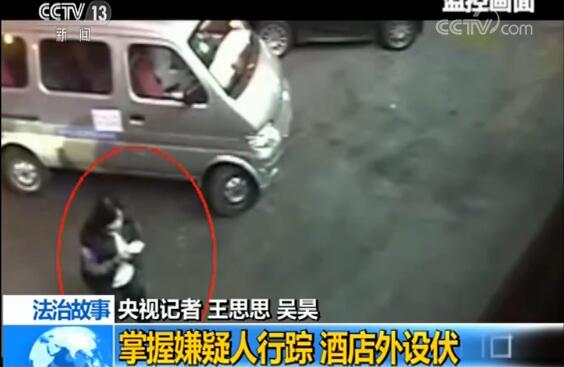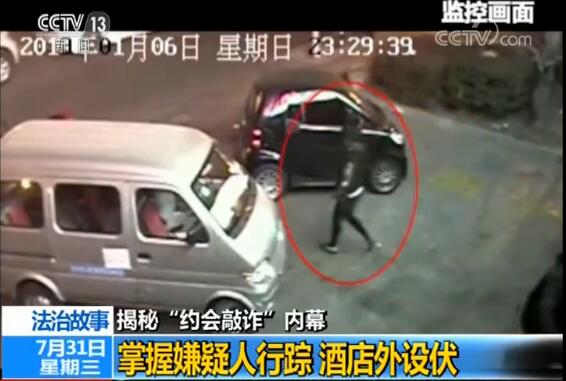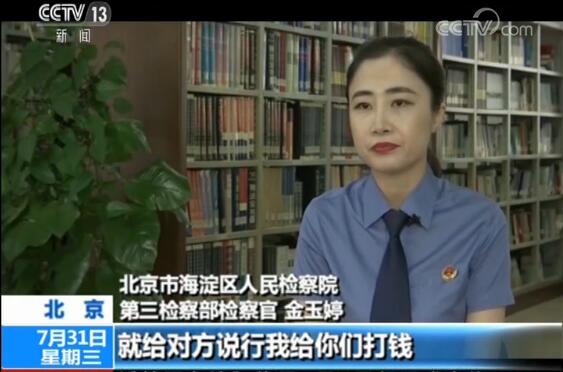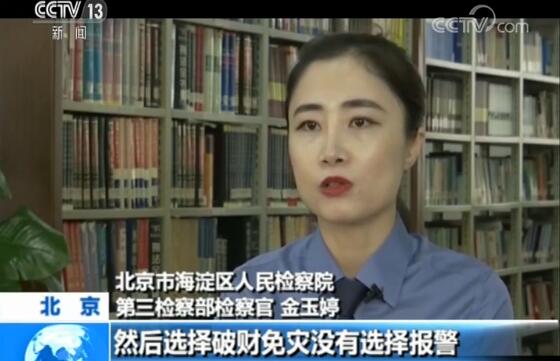In view of the phenomenon that business loans and consumer loans illegally flow into the property market, the supervision is continuing to increase management.
A few days ago, the Shanghai headquarters of the central bank issued the "Guidelines for Shanghai Credit Policy in 2021" (hereinafter referred to as the "Guidelines"), requiring financial institutions to reasonably control the growth rate and proportion of real estate loans, and effectively prevent consumer loans and operating loans from illegally flowing into the real estate market.
The reporter learned that at present, the banking industry in Shanghai has conducted a comprehensive self-examination of consumer loans and operating loans, and some banks have taken back illegal loans in advance; At the same time, the bank has reported the relevant situation of self-examination and rectification to the regulatory authorities, and the regulatory authorities are doing a summary.
In addition to going overseas, CBN learned that the Shenzhen regulatory authorities recently convened a meeting of Shenzhen’s major commercial banks to investigate the inflow of business loans and consumer loans into the real estate market, and a special investigation was also started before the Spring Festival in Beijing.
Industry insiders interviewed by CBN said that the illegal inflow of business loans and consumer loans into the property market not only affected the order of the real estate market, but also was not conducive to solving the problem of financing difficulties and expensive financing for small and medium-sized enterprises, and even further led to the market funds being divorced from reality. Strict supervision will help business loans return to the essence and promote the healthy development of the property market to some extent.
Comprehensive self-examination of Shanghai banking industry
For the Shanghai banking industry, it has become one of the key tasks this year to strictly control the illegal inflow of operating loans and consumer loans into the real estate market. The above Guidelines emphasize that in 2021, financial institutions should strengthen the management of personal housing loans, strictly examine the authenticity of personal information of lenders, and effectively prevent consumer loans and business loans from illegally flowing into the real estate market.
As a matter of fact, before this regulation was re-voiced, the Shanghai Banking Insurance Regulatory Bureau issued the Notice of the Shanghai Banking Insurance Regulatory Bureau on Further Strengthening the Management of Personal Housing Credit in January, which put forward requirements for the commercial banks within its jurisdiction on the implementation of differentiated housing credit policies and housing credit management.
Among them, banks within their jurisdiction are required to conduct a comprehensive self-examination of consumer loans, business loans and personal housing loans issued since June last year; At the same time, the interception mechanism is put forward, which requires improving the monitoring and interception mechanism of credit funds, expanding the monitoring scope of the model and improving the monitoring effect. Substantive control measures should be taken in a timely manner for violations of confirmed uses.
CBN understands that all major banks in Shanghai are checking the flow of consumer loans and business loans. A related person from the risk management department of a state-owned bank told reporters that similar inspections will actually occur in previous years. It is a routine operation for banks to monitor the flow of post-loan funds. Banks generally search the keywords of the recipients, and then check the clues that hit the keywords twice. "It’s just that this year is stricter."
As for the specific self-examination of banks, an assistant to the president of a city commercial bank branch told reporters that it mainly depends on the borrower and the flow of funds. For example, in the aspect of checking operating loans, first judge whether the borrower is a newly registered shell company, whether there is a normal business settlement transaction flow, and whether it is consistent with the characteristics of the main business.
Then look at the flow of funds, including whether the payment counterparty is a normal business partner, whether it meets the business characteristics, and whether the payment amount meets the consistent settlement scale; At the same time, we should also pay attention to the capital inflow of actual controllers and affiliated enterprises, mainly to prevent the actual capital from returning after formal payment and then entering the property market.
After the bank’s self-inspection, the regulatory authorities will also check and punish the violations accordingly. It is reported that banks in Shanghai are required to submit self-inspection and rectification reports to the Shanghai Banking Insurance Regulatory Bureau before February 28. The reporter learned that at present, banks have reported relevant information, and the Shanghai Banking Insurance Regulatory Bureau is sorting it out.
In addition to strictly controlling the illegal inflow of credit funds into the property market, the Guidelines also stated that financial institutions should reasonably control the growth rate and proportion of real estate loans, strictly implement differentiated housing credit policies, and give priority to supporting the first set of demand for home ownership. This means that under the multi-party control, the bank’s housing-related funds will be restricted.
In this context, many insiders believe that this year’s bank credit will face structural adjustment, that is, banks will reduce the proportion of housing mortgage loans and real estate development loans, and increase other retail and corporate loans. For example, explore other areas of high-quality credit supply and appropriately adjust the proportion of public and retail businesses. "Our bank will pay attention to small and micro industries, green and low-carbon industries, science and technology industries, pharmaceutical industries and so on." The above-mentioned city commercial bank branches help to call.
Many places have also started investigations.
In addition to the Shanghai area, CBN learned that the Shenzhen regulatory authorities recently convened a meeting of Shenzhen’s major commercial banks, demanding that business loans and consumer loans flow into the real estate market for investigation. A person from a joint-stock bank said that he had received relevant notice.
A person from Shenzhen Branch of a large state-owned bank previously told CBN that in recent two years, the supervision and inspection of operating loans and consumer loans has not been relaxed, which has become a routine action. Last year, the bank was punished by supervision because its customers used operating loans to illegally speculate in real estate, and another big bank was also punished earlier.
The reporter learned that this is a special inspection, which is different from the previous routine spot checks. The president of Shenzhen Sub-branch of a stock bank said that the main contents of the inspection are whether the mortgage property has been transferred for 8 months when applying for a loan, whether the loan has been issued for 6 months, and whether the lender and spouse have a record of buying a house in the last 3 months.
This is also the second time since April 2020 that Shenzhen has investigated real estate speculation by operating loans. On April 20th last year, Shenzhen Banking Insurance Regulatory Bureau and Shenzhen Central Sub-branch of the People’s Bank of China jointly held a forum, requiring commercial banks to conduct a comprehensive investigation on whether credit funds flowed into real estate in violation of regulations. In principle, it is required that when applying for business loans from banks, borrowers should hold the real estate used as collateral for no less than six months.
Bankers in Shenzhen said that the real estate speculation of business loans and consumer loans found in routine inspections was generally due to lax examination of bank loans, or the time between misappropriation and obtaining loans was too short, and the actual capital flow was not hidden when using loans. In order to avoid revealing the actual use, many lenders use multi-account transfer to hide the actual flow of loans.
Beijing, Guangdong and other places have also begun to investigate the illegal flow of business loans into the property market. On February 1st, Beijing Banking Insurance Regulatory Bureau issued an announcement to carry out big data screening in view of some property buyers misappropriating consumer loans and operating loan funds as the purchase price, and to investigate the transaction cases in hot areas since January 25th.
The above actions mainly verify the behavior of the purchaser and immediate family members who recently applied for the use of business loans in the full purchase of houses. In response to the previous "hype" in the housing market in Beijing school district, relevant departments also focused on the verification of housing transactions in hot school districts such as Financial Street, Dewai, Haidian Wanliu and Zhongguancun in Xicheng District.
Take the case that was investigated as an example. Someone newly registered a small and micro enterprise last year. Within a few days after registering the enterprise, he signed a second-hand house in the key school district of Xicheng District. In the following months, he applied for several million yuan of operating loans from two banks.
With the cooperation of banks, inspectors will investigate where the business loan was used after it was issued, and whether it flowed into the accounts of other shell companies through false business contracts. Due to the illegal entry of business loan funds into the property market, it is often necessary to "pour out" after multiple payments, and inspectors will check the final flow of each fund.
According to media reports, on March 11th, various banking institutions in Guangdong comprehensively investigated the special risks of illegal inflow of credit funds into the property market, and strengthened the audit of operating loans and consumer loans under the guidance of financial supervision departments.
In the eyes of the industry, it is necessary to crack down on illegal business loans. According to this year’s government work report, large commercial banks’ loans to small and micro enterprises will increase by more than 30%, and if the loopholes of illegal business loans entering the property market cannot be blocked, more funds will enter the property market in the guise of entity financing, which will boost the property market speculation.
The wind of speculation in the property market may be suppressed.
If the investigation and rectification of operating loans are carried out in many places, it will help to curb the speculation in the property market. Pan Hao, a senior analyst in RealData, believes that cities, especially big cities, which are expected to see their house prices rise too fast will strengthen the supervision of "illegal funds" flowing into the property market, and the measure of "recovering loans in advance" will have a deterrent effect on real estate speculators.
"If there is a violation of regulations, it will have a great impact on the property market in hot cities, especially for first-tier cities such as Beijing, Guangzhou and Shenzhen." Li Yujia, chief researcher of Guangdong Housing Policy Research Center, told CBN.
"Operating loans are all leveraged to buy houses, and some of them are replaced by operating loans under the encouragement of financial intermediaries. This is also illegal. If you really check it out, every pen can’t escape. " Li Yujia said that the final result is that many people will sell their houses.
Lu Wenxi, chief analyst of Shanghai Zhongyuan Real Estate, told reporters that from the perspective of real estate types, strict investigation of real estate speculation by operating loans will have an impact on high-end projects, especially luxury residential projects. "Generally, people who buy luxury products are business owners. They often set out the money for business loans through various channels. After this method is strictly investigated, the moisture of luxury projects may be squeezed out."
Guo Yi, chief analyst of Heshuo Agency, told the reporter that the speculative demand will indeed cool down because of this round of strict investigation for the people who are more popular in real estate speculation and use more business loans. However, in those cities with relatively stable markets, similar phenomena are less, for example, most cities in the north will be less affected.
Li Yujia also said that all parties involved in illegal business loans, including commercial banks, will be severely punished. Recently, local banking regulatory bureaus have announced a number of cases of illegal business loans, and the penalties for banks are relatively strong.
Zhang Dawei, chief analyst of Zhongyuan Real Estate, said that the core reason for operating loans flowing into the property market is the spread of mortgage loans, and it is also related to banks being both athletes and referees in the process of lending. He believes that from the bank’s point of view, the risk of operating loans is relatively higher than that of mortgage loans, but the interest rate of operating loans is lower than that of mortgage loans under the policy requirements, so banks are out of shape at the implementation level.
"The recent crackdown on some behaviors of using new premises and new enterprises to register for business loans in the short term is very powerful. The strength of this policy will definitely curb the overheating of the market, let the operating loan return to its essence, help the business operation, and restrain the irrational and unhealthy development of the entire property market to a certain extent. " Zhang Dawei said.
